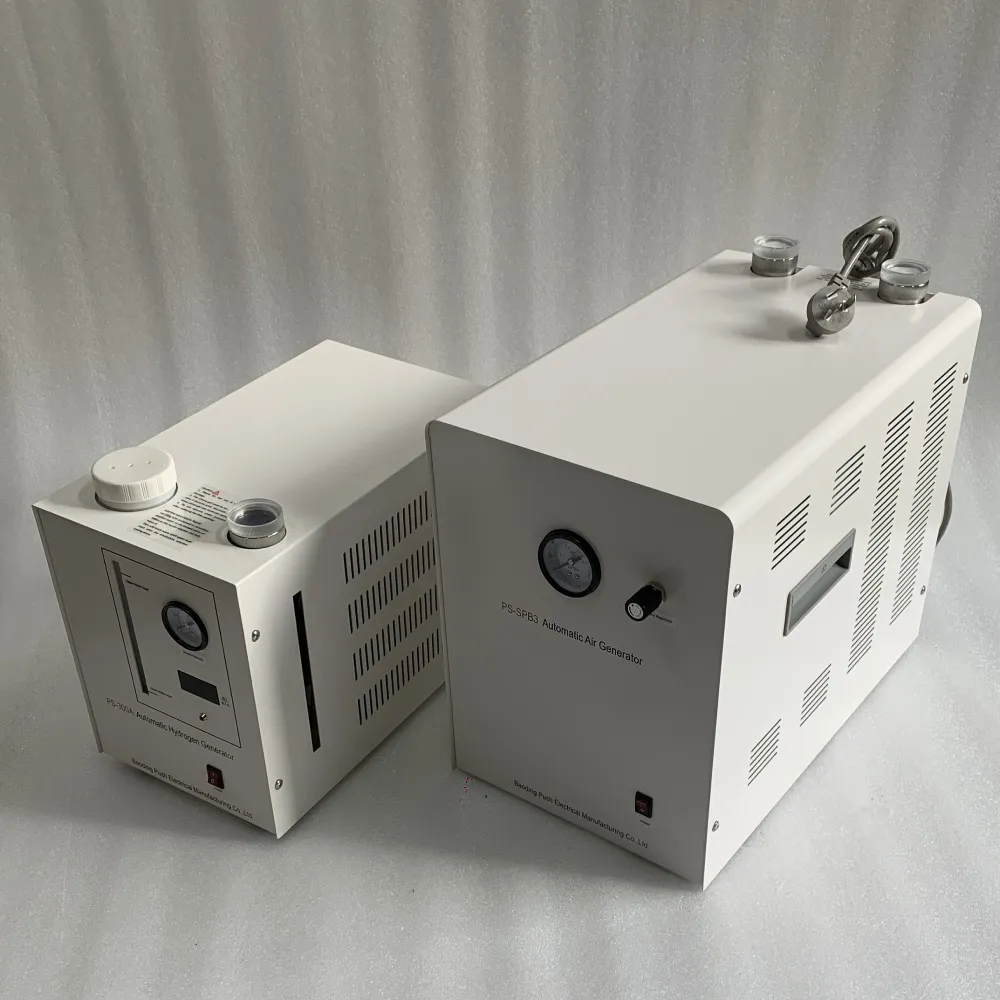 English
English


dielectric dissipation factor of transformer oil
Dielectric Dissipation Factor of Transformer Oil Understanding Its Importance
Transformer oil is an essential insulating liquid widely used in electrical transformers to provide both electrical insulation and heat dissipation. One of the critical parameters that govern the performance of transformer oil is its dielectric dissipation factor (DDF), which plays a significant role in determining the oil's overall effectiveness and reliability in electrical applications.
What is Dielectric Dissipation Factor?
The dielectric dissipation factor, often denoted as tan δ (tangent delta), represents the loss of energy in an insulating material when it is subjected to an alternating electric field. It is a measure of the energy that is lost as heat due to the dielectric polarization processes occurring within the insulating medium. A low DDF indicates that the dielectric material has low energy loss and is thus effective in performing its insulating duties, while a high DDF indicates higher energy losses, which can lead to overheating and potential failure of the transformer.
Importance of DDF in Transformer Oil
1. Insulation Performance The primary function of transformer oil is to act as an insulator. A low DDF value in transformer oil is crucial for maintaining insulation integrity and preventing electrical breakdown. High dissipation factors can indicate the presence of impurities or degradation of the oil, which could compromise the insulation property.
2. Thermal Management Transformer oil also plays a vital role in cooling the transformer. When the DDF is high, the heat generated within the oil due to dielectric losses could lead to an increase in temperature. A rise in oil temperature not only affects the oil’s insulating properties but also impacts the efficiency and operational lifespan of the transformer.
3. Component Lifespan Increased energy losses, characterized by a high DDF, can lead to excessive heating. This elevated temperature can accelerate the aging process of transformer materials, including windings and insulation. Regular monitoring of the DDF helps in predicting the lifespan of transformer components and planning maintenance or replacements accordingly.
dielectric dissipation factor of transformer oil

4. Reduction of Failures Monitoring the dielectric dissipation factor can help identify potential issues before they culminate in catastrophic failures. A sudden increase in DDF can act as an early warning signal, indicating that the transformer oil may be degrading and that immediate intervention is necessary.
5. Quality Control For manufacturers and operators of electrical equipment, maintaining the quality of transformer oil is imperative. The DDF serves as a key quality indicator for the oil and requires regular testing to ensure it remains within acceptable limits. Contaminants such as moisture, particulate matter, or chemical degradation can increase the DDF, prompting further analysis and remediation.
Factors Influencing DDF
Several factors can influence the dielectric dissipation factor of transformer oil
- Temperature The DDF typically increases with temperature. Regular monitoring is necessary to understand how temperature variations affect the oil’s performance. - Moisture Content The presence of moisture significantly increases the DDF, as water is a polar substance that reduces the insulating properties of the oil. The oil's moisture content should be kept to a minimum to maintain low dissipation factors.
- Aging and Contamination Over time, transformer oil can undergo chemical changes and physical degradation, leading to increased DDF. Contaminants such as particulate matter, acids, or even dissolved gases can adversely affect the oil’s electrical properties.
Conclusion
The dielectric dissipation factor of transformer oil is a critical parameter that directly affects the performance, reliability, and lifespan of transformers. By regularly testing and monitoring the DDF, operators can ensure that their transformers function efficiently and reduce the risk of unexpected failures. Ultimately, maintaining an optimal DDF not only protects valuable infrastructure but also ensures the reliability of power supply systems, which are vital for modern society. As technology evolves, continuous advancements in oil composition and testing methods will be necessary to drive improvements in transformer performance and longevity.
-
Differences between open cup flash point tester and closed cup flash point testerNewsOct.31,2024
-
The Reliable Load Tap ChangerNewsOct.23,2024
-
The Essential Guide to Hipot TestersNewsOct.23,2024
-
The Digital Insulation TesterNewsOct.23,2024
-
The Best Earth Loop Impedance Tester for SaleNewsOct.23,2024
-
Tan Delta Tester--The Essential Tool for Electrical Insulation TestingNewsOct.23,2024





